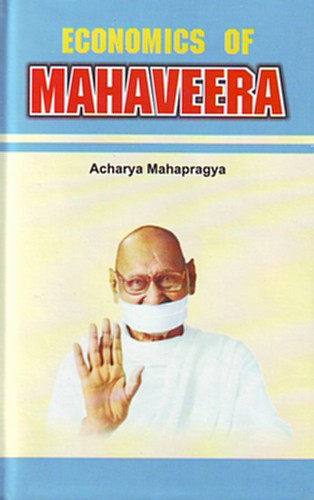
Alpechha does have desires, but these are limited. Such a person would set up a factory, but he would not accumulate too much capital for himself. Policy of decentralized economy and decentralized power, about which Mahatma Gandhi talked, is the reiteration of what Mahavira called few desires, few wants. Mahavira said, dhammenam vitte kappemana - a person with a few wants earns his living virtuously.
We have two concepts before us - Alpechha (a person with limited wants), and mahechha (a person with many wants). One leads life unethically. Being ethical is to possess compassion. I may mention here about the devoted disciple of Mahavir Saravake Shrimad Rajchandra, who gave the basic mantra ahimsa to Mahatma Gandhi, and who received enlightenment from the fourth Acharya Shrimajjayacharya of Terapanth.
He entered into a deal with a jewellery trader. Prices suddenly shot up. He was losing fifty thousand rupees in just one consignment. Shrimad Rajchandra asked him to bring that agreement. The trader said, "Sir, you need not worry. I will pay you the last penny, but at present I am not in a position to do so". Shrimad Rajchandra replied, "I am not talking about payment or not-payment, l just want to see that agreement once." The trader apprehended that after getting the agreement he would at once file a case in the court and he would be trapped. Accordingly, he was reluctant to give the agreement, but eventually he had to give the agreement. On receiving the agreement, Shrimad Rajchandra tore it to pieces and assured the trader "Rajchandra can drink milk, he cannot suck anybody's blood. I cancel the bargain."
This is mercy. A man with a few wants earns his living virtuously. He does not do injustice to anybody. He does not behave ruthlessly. He does not exploit others. He does not manipulate, nor does he conceal others' possession held in trust.
 Acharya Mahaprajna
Acharya Mahaprajna

